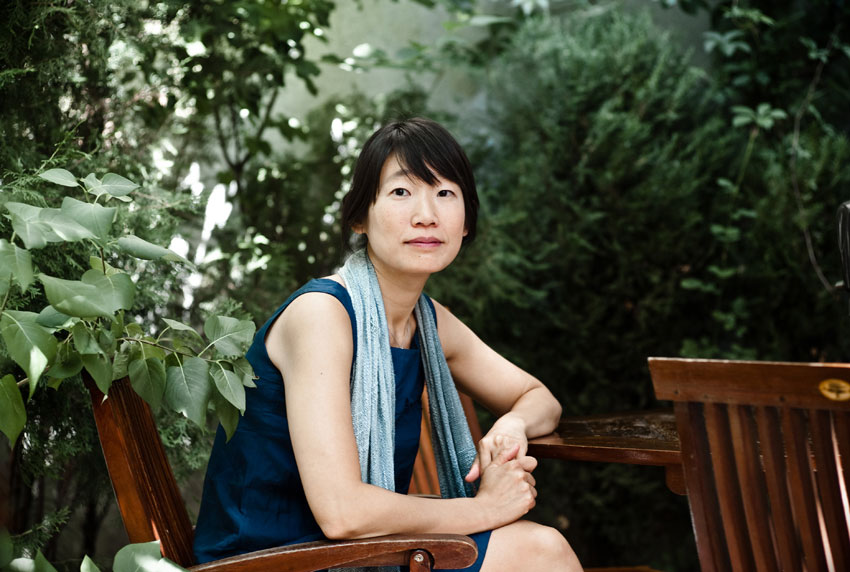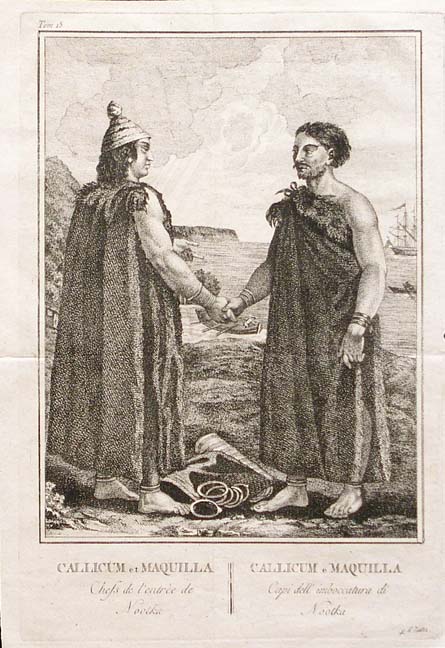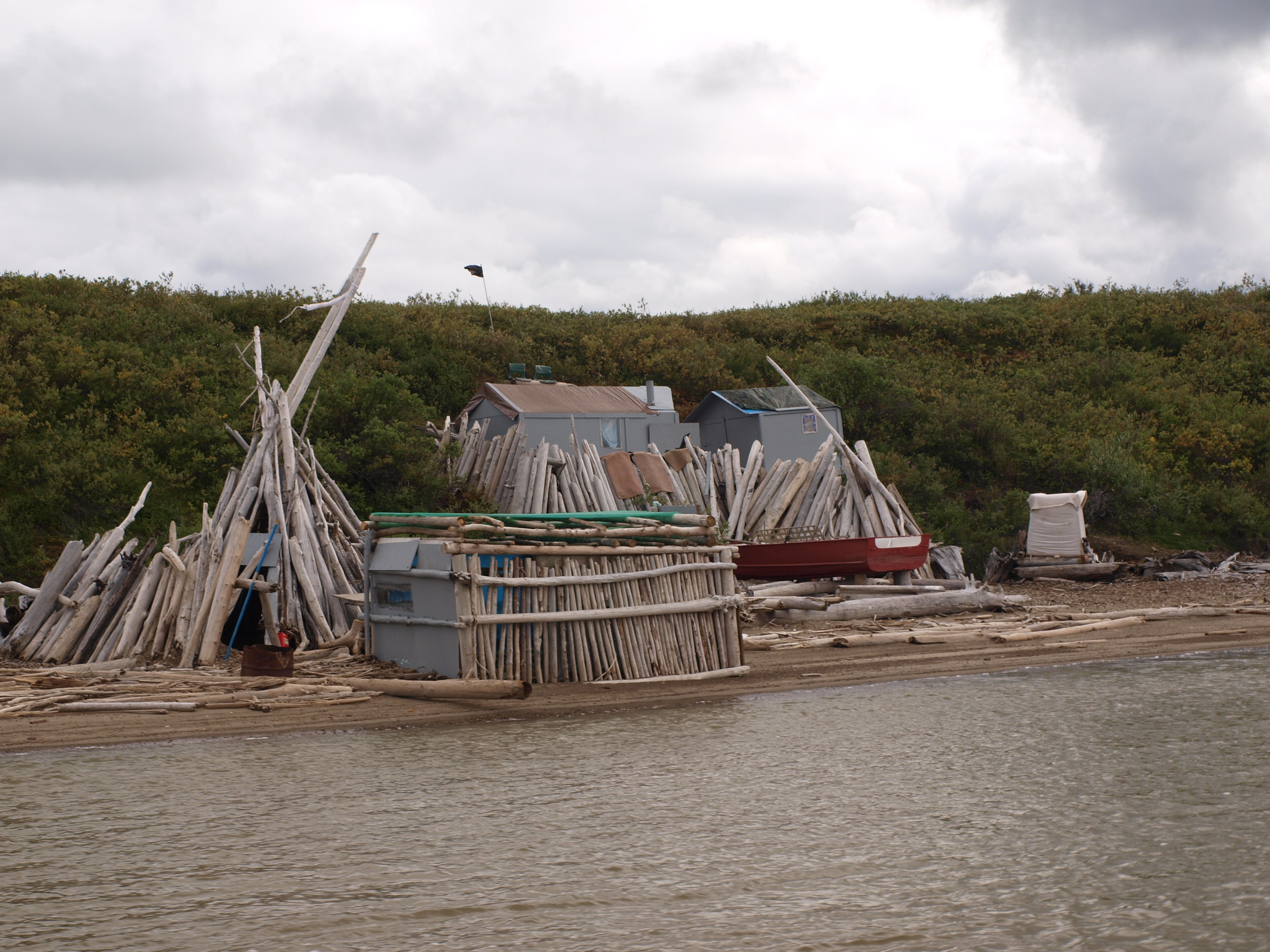Browse "Communities & Sociology"
-
Article
Lynn Williams
Lynn Williams, union leader (b at Springfield, Ont, 21 July 1924). A minister's son, he received a degree in economics from McMaster University and served in the Canadian Navy during WWII. In 1947 he took a job at a Toronto plant and joined the USWA.
"https://development.thecanadianencyclopedia.ca/images/tce_placeholder.jpg?v=e9dca980c9bdb3aa11e832e7ea94f5d9" // resources/views/front/categories/view.blade.php
https://development.thecanadianencyclopedia.ca/images/tce_placeholder.jpg?v=e9dca980c9bdb3aa11e832e7ea94f5d9
-
Article
Mabel Hubbard Bell
Mabel Gardiner Hubbard Bell, aeronautics financier, community leader, social reformer and advocate for the deaf (born 25 November 1857 in Cambridge, Massachusetts; died 3 January 1923 in Chevy Chase, Maryland). Bell actively supported and contributed to the work of her husband, inventor Alexander Graham Bell. Her financial investment in his work made her the first financier of the aviation industry in North America. She was a community leader in Baddeck, Nova Scotia, where the Bell family spent their summers. She was also a social reformer and supported innovation in education. Click here for definitions of key terms used in this article.
"https://d2ttikhf7xbzbs.cloudfront.net/media/new_article_images/MabelHubbardBell/Mabel_Hubbard_Bell.jpg" // resources/views/front/categories/view.blade.php
https://d2ttikhf7xbzbs.cloudfront.net/media/new_article_images/MabelHubbardBell/Mabel_Hubbard_Bell.jpg
-
Article
Macedonian Canadians
The Republic of Macedonia is located on the Balkan Peninsula in south eastern Europe. It is bordered by Serbia and Kosovo to the north, Albania on the west, Greece to the south, and Bulgaria is located on Macedonia's eastern border.
"https://development.thecanadianencyclopedia.ca/images/tce_placeholder.jpg?v=e9dca980c9bdb3aa11e832e7ea94f5d9" // resources/views/front/categories/view.blade.php
https://development.thecanadianencyclopedia.ca/images/tce_placeholder.jpg?v=e9dca980c9bdb3aa11e832e7ea94f5d9
-
Article
Inuvialuit
Inuvialuit originally occupied the western Canadian arctic coast from Barter Island in the west to Cape Bathurst in the east, as well as the northern portion of the Mackenzie River Delta. Numbering about 2000 during the 19th century, they formed the densest Inuit population in arctic Canada.
"https://d2ttikhf7xbzbs.cloudfront.net/media/media/ccebcf67-46af-4adf-9573-a62d629020eb.JPG" // resources/views/front/categories/view.blade.php
https://d2ttikhf7xbzbs.cloudfront.net/media/media/ccebcf67-46af-4adf-9573-a62d629020eb.JPG -
Article
Madeleine Parent
Madeleine Parent, union organizer and feminist (born 23 June 1918 in Montreal, QC; died 12 March 2012 in Montreal). Parent is recognized for her activism and efforts to defend the interests of Indigenous women (see Indigenous Women’s Issues in Canada). She was a founding member of the National Action Committee on the Status of Women.
"https://d2ttikhf7xbzbs.cloudfront.net/madeleineparent/madeleineparentcanadapost.png" // resources/views/front/categories/view.blade.php
https://d2ttikhf7xbzbs.cloudfront.net/madeleineparent/madeleineparentcanadapost.png
-
Article
Maestro Fresh Wes
Wesley Williams (a.k.a. Maestro Fresh Wes, Maestro), rapper, actor, author, motivational speaker, radio and TV host (born 31 March 1968 in Toronto, ON). Maestro Fresh Wes is regarded as the “godfather of Canadian hip hop.” His debut album, Symphony in Effect (1989), was the first album by a Black Canadian artist to be certified platinum in Canada. It yielded the hugely successful and influential hit single “Let Your Backbone Slide.” In 2019, it became the first rap song to be inducted into the Canadian Songwriters Hall of Fame. Maestro has been nominated for 17 Juno Awards and has won two, including the inaugural award for Rap Recording of the Year in 1991. In 2013, he was named No. 1 on CBC Music’s list of the greatest Canadian rappers. Between 2022 and 2024, he earned three straight Juno nominations for Children’s Album of the Year. He was inducted into the Canadian Music Hall of Fame and received a Governor General’s Performing Arts Award for Lifetime Artistic Achievement in 2024.
"https://d2ttikhf7xbzbs.cloudfront.net/media/media/43d42d71-70ac-431c-b58c-9a8eca0b50e5.jpg" // resources/views/front/categories/view.blade.php
https://d2ttikhf7xbzbs.cloudfront.net/media/media/43d42d71-70ac-431c-b58c-9a8eca0b50e5.jpg
-
"https://development.thecanadianencyclopedia.ca/images/tce_placeholder.jpg?v=e9dca980c9bdb3aa11e832e7ea94f5d9" // resources/views/front/categories/view.blade.php
https://development.thecanadianencyclopedia.ca/images/tce_placeholder.jpg?v=e9dca980c9bdb3aa11e832e7ea94f5d9
-
Article
Malak Karsh
Armenian-Canadian photographer Malak Karsh was best known for his photographs of Canada, and of the Ottawa region in particular. His 1963 photograph of a tugboat bringing logs up the Ottawa River, with the Library of Parliament in the background, was featured on the reverse of the $1 banknote first issued in 1974. Karsh amassed perhaps the most comprehensive visual record of Canada in existence. He also founded the Ottawa Tulip Festival and was the younger brother of famed photographer Yousuf Karsh.
"https://d2ttikhf7xbzbs.cloudfront.net/4817478930_c0958f09a2_c.jpg" // resources/views/front/categories/view.blade.php
https://d2ttikhf7xbzbs.cloudfront.net/4817478930_c0958f09a2_c.jpg
-
Article
Malaysian Canadians
Malaysian immigration to Canada is a relatively recent phenomenon. In the 2016 census, 16,920 people declared they were of Malaysian origin. Among these Canadians were actor Osric Chau and writer Madeleine Thien.
"https://d2ttikhf7xbzbs.cloudfront.net/media/media/9d54c93f-9827-43d2-a23b-4bfc1211c3a6.jpg" // resources/views/front/categories/view.blade.php
https://d2ttikhf7xbzbs.cloudfront.net/media/media/9d54c93f-9827-43d2-a23b-4bfc1211c3a6.jpg
-
Article
Malcolm Frederick Norris
Malcolm Frederick Norris, Métis leader (born 25 May 1900 in St. Albert, North-West Territories [now Alberta]; died 5 December 1967 in Calgary, Alberta). A tireless and militant activist, Norris advocated on behalf of Indigenous peoples on a variety of platforms, from discussions with the federal government about Indigenous issues to concerns that primarily affected Métis communities in Canada. Remembered as a brilliant orator in English and Cree, Norris was a key figure in the Association des Métis d’Alberta et des Territoires du Nord Ouest, the Indian Association of Alberta and the Métis Association of Saskatchewan. He is also widely recognized as one of the 20th century’s most important and charismatic Métis leaders.
"https://d2ttikhf7xbzbs.cloudfront.net/media/media/4de10db1-6b8b-45ef-a60a-55998c7afca0.jpg" // resources/views/front/categories/view.blade.php
https://d2ttikhf7xbzbs.cloudfront.net/media/media/4de10db1-6b8b-45ef-a60a-55998c7afca0.jpg
-
Article
Malcolm Ross
Malcolm Ross, humanist, educator (b at Fredericton 2 Jan 1911; d at Halifax, N.S., 4 Dec 2002).
"https://development.thecanadianencyclopedia.ca/images/tce_placeholder.jpg?v=e9dca980c9bdb3aa11e832e7ea94f5d9" // resources/views/front/categories/view.blade.php
https://development.thecanadianencyclopedia.ca/images/tce_placeholder.jpg?v=e9dca980c9bdb3aa11e832e7ea94f5d9
-
Article
Wolastoqiyik (Maliseet)
Wolastoqiyik (also Welastekwewiyik or Welustuk; pronounced wool-las-two-wi-ig), meaning “people of the beautiful river” in their language, have long resided along the Saint John River in New Brunswick and Maine, and the St. Lawrence River in Quebec. Historically, the Europeans referred to the Wolastoqiyik by a Mi’kmaq word, Maliseet (or Malecite), roughly translating to English as “broken talkers.” The name indicates that, according to the Mi’kmaq, the Wolastoqiyik language is a “broken” version of their own. Today, there are Wolastoqiyik communities in Quebec and the Maritimes as well as in Maine. In the 2016 census, 7,635 people identified as having Wolastoqiyik ancestry.
"https://d2ttikhf7xbzbs.cloudfront.net/media/media/e1ee186b-01fe-471d-9adc-32223da5830f.jpg" // resources/views/front/categories/view.blade.php
https://d2ttikhf7xbzbs.cloudfront.net/media/media/e1ee186b-01fe-471d-9adc-32223da5830f.jpg
-
Article
Maltese Canadians
The Republic of Malta is an archipelago comprised of seven islands located in the Mediterranean Sea, south of Sicily. Although waves of immigration occurred in 1840, around 1907, and between 1918 and 1920, there were few Maltese in Canada until after the Second World War (WWII). The 2016 Canadian census reported 41, 915 people of Maltese origin (12, 815 single and 29, 100 multiple responses).
"https://development.thecanadianencyclopedia.ca/images/tce_placeholder.jpg?v=e9dca980c9bdb3aa11e832e7ea94f5d9" // resources/views/front/categories/view.blade.php
https://development.thecanadianencyclopedia.ca/images/tce_placeholder.jpg?v=e9dca980c9bdb3aa11e832e7ea94f5d9
-
Article
Manitoba Schools Question
The struggle over the rights of francophones in Manitoba to receive an education in their mother tongue and their religion is regarded as one of the most important “school crises” in Canadian history, with major short-term and long-term consequences.
"https://d2ttikhf7xbzbs.cloudfront.net/media/media/dac5f4d4-aeed-4832-95cc-eab7b95bcc6e.jpg" // resources/views/front/categories/view.blade.php
https://d2ttikhf7xbzbs.cloudfront.net/media/media/dac5f4d4-aeed-4832-95cc-eab7b95bcc6e.jpg
-
Article
Maquinna
Maquinna, or Mukwina, meaning "possessor of pebbles", was a Nuu-chah-nulth (Nootka) chief (fl. 1778-95). Maquinna was the ranking leader of the Moachat group of Nootka Sound Indigenous peoples on the west coast of Vancouver Island during the early years of European contact.
"https://d2ttikhf7xbzbs.cloudfront.net/media/media/0e25e8d6-1ac5-4a3e-a0a1-2b008d46ae99.jpg" // resources/views/front/categories/view.blade.php
https://d2ttikhf7xbzbs.cloudfront.net/media/media/0e25e8d6-1ac5-4a3e-a0a1-2b008d46ae99.jpg

